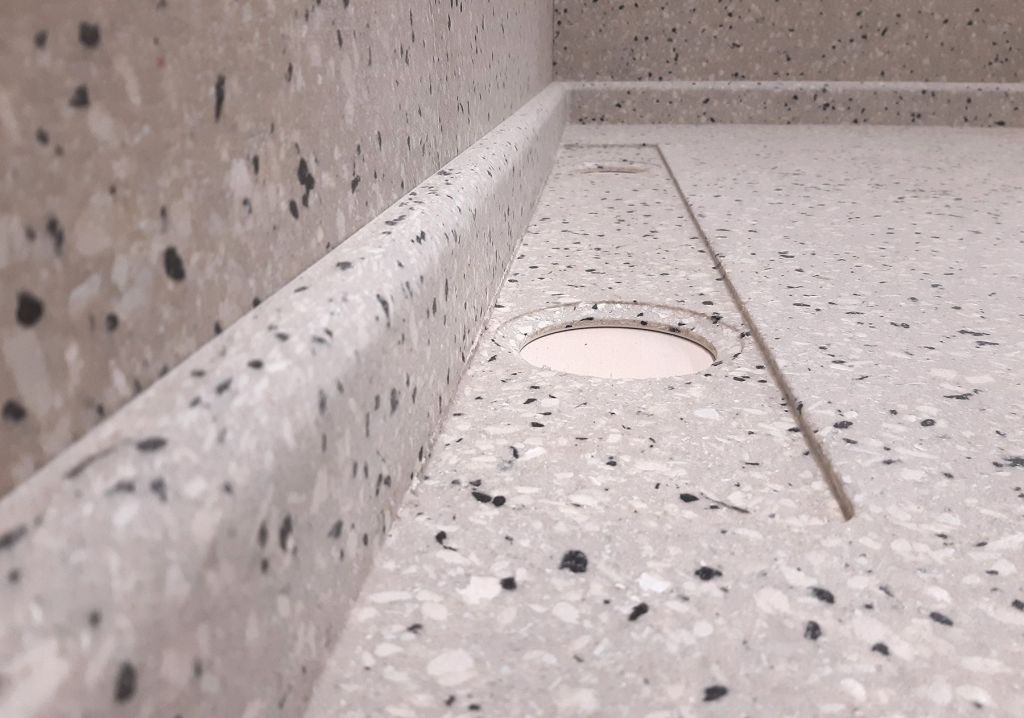Circular composites for a better tomorrow

Composites UK’s sustainability manager, Malcolm Forsyth looks at the options for tackling the composites end-of-life waste challenge, including the projects that are now underway and the key role of Composites UK.
As the challenges of climate change and depletion of the earth’s resources grow, all industries must now develop credible strategies for achieving sustainable, net-zero positions in the next 25 years with a significant step to be achieved by 2030 – just eight years away.
Despite its clear contribution to the net-zero journey our whole economy needs to undertake, the composites industry has clear challenges to tackle to achieve true sustainability - especially how it can become much more ‘circular’ and reduce its consumption of virgin fossil-fuel-based raw materials, replacing them with recycled or bio-based ones.
The biggest challenge it faces is how to recover from composites waste, fibres and resins of good enough quality in the right format, for re-use in the manufacture of new composite parts, enabling a ‘Composites from Composites’ circularity.

The Composites End-of-life challenge is significant for two main reasons. Firstly, the properties of composites materials which make them so valuable in use, such as durability and chemical resistance, also make them difficult to break down so that the individual constituent parts can then be separated, recovered and treated for future re-use. Most processes required to break apart composite materials also have high energy inputs making them expensive and creating additional carbon emissions. Secondly, composite materials are used in a wide range of applications - in both industrial and domestic settings - often as small parts in a larger system, therefore making them difficult to find and separate for recycling from mixed waste streams.
However, these issues have not deterred a large number of researchers globally from developing innovative methods for recycling composite parts, and several look promising for future commercialisation in the UK and globally. Of particular interest to the UK composites industry are the following processes either under development or already proven and awaiting investment to create the necessary UK infrastructure.
The composites circularity
Cement kiln co-processing: This process is already operating commercially in Germany where landfilling of composite waste is banned. Glass fibre composite waste acts as both a fuel and a raw material in the manufacture of cement, with the resin component generating process energy and the fibre component helping form the cement clinker product. Thus, some physical recycling of the composite waste is achieved (albeit not back into another glass fibre composite material). There is interest from the UK cement industry in this process possibility although the current (low) price of landfilling waste and the lack of any ban on landfilling composite waste may make this process unattractive economically for all parties for the time being.
Composite waste re-purposing into new composite products: A number of businesses, such as Gees Recycling, Continuum Circular and Conenor, have now demonstrated the incorporation of glass fibre composite waste in the manufacture of new composite products by mixing the waste with virgin polymers (both thermoplastics and thermosets) and then pressing the mix into panels or extruding it into various shapes (both solid sheets and hollow pipes). Sales of such products are now increasing.

These processes enable the retention of some of the strength properties of the original composite material and enable a ‘composites to composites’ recycling process to be achieved, as well as diverting the composites waste material from landfill and recovering some of its inherent value. Several players are now seriously evaluating UK commercial-scale units to recycle glass fibre composites waste in this way and there is a genuine prospect of this route being available to UK composites waste generators in the next 1-2 years.
Fluidised bed pyrolysis: It has been widely known for many years that composites waste products can be broken down by pyrolysis processes where the resin is combusted - contributing energy to the process - and the fibres are collected from the waste gas streams. The viability of this process has been well-demonstrated for carbon fibre composites by Nottingham University and ELG Carbon Fibre, who ran a carbon-fibre composite waste recycling facility in the West Midlands until the business was sold in mid-2021.
However, for glass fibre composite wastes, such processes have not yet been demonstrated above laboratory scale. This is now changing however with recent Innovate UK funding to a consortium led by Composites UK and involving several industry partners, for a three-year project to scale-up a fluidised bed pyrolysis process developed by the Strathclyde University, and to demonstrate the business case for commercial scale investment, making this the UK’s First Wind Turbine Blade Recycling Project. Enabling the recovery of glass fibres with strength properties similar to virgin glass fibre, the process could play a major role in the mid-term in establishing the widespread recycling of composite waste back into new composite products – the desired ‘composites to composites’ recycling for a future circular composites industry, aligned with long-term net-zero goals.
Superheated steam ‘cleaning’ treatment: Another very promising technology for recycling composites is super-heated steam ‘cleaning’ which enables fibre recovery in almost identical condition to its first use, opening up the possibility of the fibres in composite waste parts being recycled directly back for use in their original application. This process is being developed by UK company, BM Longworth under its DEECOM brand, with the involvement of several major industry partners and again could play a major role in achieving widespread ‘composites to composites’ recycling in the medium term.
A sustainable industry
The emergence of these different processes for recycling end-of-life composites waste is very encouraging and should lead to the establishment of a nationwide infrastructure of composites recycling facilities over the next 3-5 years, in turn moving the composites industry closer to the circular industry model needed for long-term sustainability and prosperity. There is much work to do in all these areas in the coming years, but equally many reasons to be confident and positive that a circular and sustainable composites industry - both in the UK and globally, is within our grasp.
As a final note on this topic, the theme of this year’s JEC World exhibition is ‘Sustainability’, and there will be four panel forums during the exhibition addressing different aspects of sustainability with composites, including one – ‘Design for Circular Composite Products: Turning Waste, Recycling & Reuse into Opportunities’, taking place on Wednesday 4th May at 14:45 in AGORA 5 (hall 5). Why not come along and hear more on this important topic from a range of industry experts?









